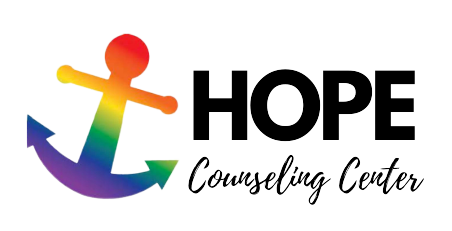Family estrangement can be one of the most challenging experiences anyone can go through. It involves a complex mix of emotions, from pain and confusion to sometimes relief and freedom. This post aims to explore the nuances of family estrangement, offering insights and guidance for those trying to navigate these difficult waters.
Understanding Family Estrangement
Family estrangement refers to the distancing or cutting off of relationships between family members. It can happen for various reasons, including long-standing conflicts, differences in values or beliefs, traumatic experiences, or simply growing apart over time.
The process of estrangement often involves a range of emotions. For some, it might be a difficult but necessary decision for their mental health and well-being. For others, it can be a source of ongoing pain and sadness. Recognizing and validating these feelings is an essential step in the healing process.
The Impact of Estrangement
Estrangement can impact every aspect of a person’s life. It can lead to feelings of guilt, shame, anger, and grief. On the
positive side, it may also bring a sense of relief and freedom from toxic relationships. The key is understanding that all these reactions are valid and part of the journey.
Seeking Professional Help
Navigating through the complexities of estrangement often requires professional support. Family therapy, individual counseling, and support groups can provide a safe space to process your feelings and experiences. Therapists specializing in family dynamics can offer valuable insights and strategies for coping and healing.
Communication and Boundaries
For those seeking reconciliation, effective communication is crucial. Expressing your feelings and needs clearly and respectfully can open doors to understanding. In some cases, setting clear boundaries is necessary to protect your emotional well-being.
Self-Care and Healing
Self-care is vital when dealing with family
estrangement. This includes nurturing your mental health, engaging in activities that bring you joy, and building supportive relationships outside your family. Healing is a personal journey, and it’s important to give yourself time and space to grieve and grow.
Rebuilding Relationships
In cases where both parties are open to it, rebuilding relationships is possible. It requires patience, understanding, and often, the guidance of a professional. Remember, reconciliation is a process, not an event, and it’s okay if the relationship takes on a new form.
Family estrangement is a deeply personal experience that can be painful and challenging to navigate. Whether you’re seeking reconciliation or learning to live with the reality of estrangement, remember that your feelings are valid, and help is available. With the right support and strategies, it’s possible to find a path to understanding, healing, and peace.
Navigating family estrangement is a journey, and you don’t have to walk it alone. If you’re in need of support, consider reaching out to a professional who can guide you through this challenging time.




